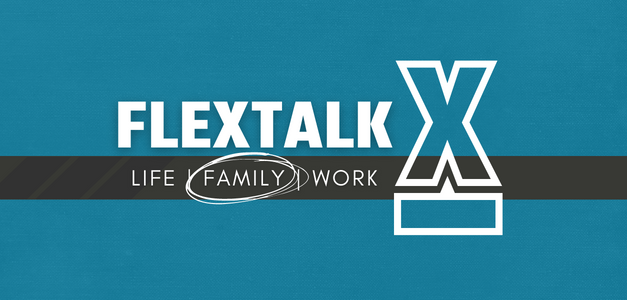Preparing your teen for independent driving requires more than teaching them to parallel park. Conversations you have with your teen driver build the foundation of safe driving habits that protect them for years to come.
You can prevent dangerous behaviors before they develop by discussing responsibility, consequences, and expectations early on. These talks empower your teen to make smart choices behind the wheel. Clear communication also strengthens trust, making it easier to guide them as they gain experience.
Understanding Driving as a Privilege
Driving represents a significant milestone, but teens must understand that this privilege carries serious legal and personal responsibilities. Parents should emphasize that operating a vehicle means respecting traffic laws, other drivers, and the car itself.
Setting clear expectations from the beginning helps teens approach driving with the maturity it demands.
Addressing the Distraction Epidemic
Teen drivers face constant temptation from smartphones, passengers, and entertainment systems. Research shows that distracted driving significantly increases crash risk, particularly for inexperienced drivers.
Parents should discuss practical solutions like activating “Do Not Disturb” mode and establishing phone-free driving zones. These conversations help teens recognize that split-second distractions can have life-altering consequences.
Zero Tolerance Policies Explained
Many states enforce zero-tolerance laws for underage drivers, meaning any detectable alcohol or drug use results in immediate license suspension. Parents should clearly and honestly explain these harsh realities to their teens.
It’s important to discuss not only the legal penalties but also the devastating impact impaired driving has on families and communities. Emphasizing these facts helps teens understand the serious risks they take. When teens grasp the consequences, they are more likely to make safer choices.
Emergency Preparedness Matters
Teen drivers need clear guidance on handling traffic stops and accidents. Parents should walk them through proper procedures: pulling over safely, keeping hands visible, providing required documents respectfully, and remaining calm throughout the interaction. Practicing these scenarios at home builds confidence and reduces panic during real situations.
Long-Term Consequences of Poor Choices
Reckless driving behaviors create consequences that extend far beyond initial tickets or fines. Insurance rates increase dramatically, and some violations require special coverage like SR-22 insurance. These financial burdens can follow young drivers for years, affecting their ability to afford coverage and maintain driving privileges. Parents should help teens understand how one poor decision can impact their financial future.
Building Lasting Safe Habits
Conversations you should have with your teen driver shouldn’t end after the first few months. Regular check-ins, practice drives, and scenario discussions help reinforce positive behaviors. Parents who model excellent driving habits themselves demonstrate the standards they expect their teens to maintain.
Maintaining Open Communication
Successful teen driving programs rely on ongoing dialogue between parents and their young drivers. These discussions evolve as teens gain experience and face new driving challenges. Building trust through honest conversations creates an environment where teens feel comfortable asking questions and admitting mistakes. Remember that protecting your teen driver starts with the conversations you have today.
- What does “driving as a privilege” mean to you, and how can understanding this help you become a safer driver?
- How can you manage distractions like phones, passengers, or music to stay focused on the road?
- Why do you think zero-tolerance laws for teen drivers exist, and how can they affect your decisions behind the wheel?
- What steps would you take if you were involved in an accident or pulled over by law enforcement?
- How do you think one reckless driving decision could impact your future, both legally and financially?


